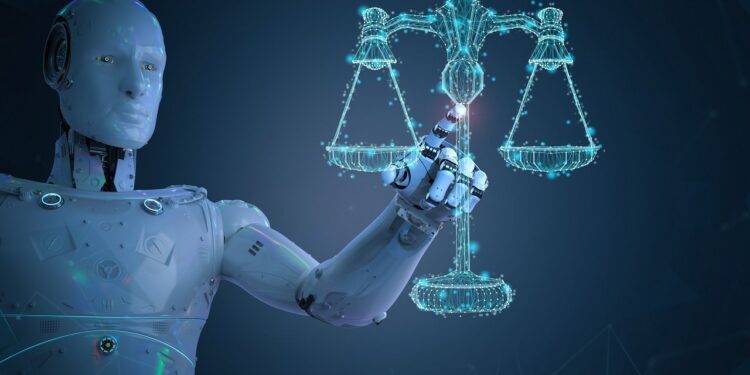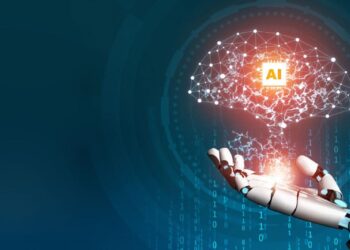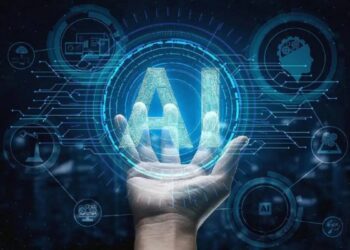In the digital age, a new and powerful force is emerging from the depths of computer science, one that is poised to reshape every facet of human existence. Artificial Intelligence (AI), once a futuristic concept, is now a tangible reality, embedded in the algorithms that power our social media feeds, the voice assistants in our homes, and the autonomous vehicles on our roads. But with this immense power comes a profound responsibility. The rapid advancement of AI has ignited a global debate, a complex and multifaceted discussion about the ethical implications of creating and deploying intelligent machines. This comprehensive article delves into the heart of the AI ethics debate, exploring the core moral dilemmas we face, the critical issues of bias, privacy, and accountability, and the urgent need for a new ethical framework to guide us as we navigate this uncharted technological frontier.
For decades, the ethical concerns surrounding technology were relatively straightforward. We debated the impact of automation on jobs, the privacy implications of the internet, and the responsible use of data. AI, however, introduces a new level of complexity. We are no longer just building tools; we are building systems that can learn, adapt, and make decisions with an increasing degree of autonomy. These decisions, whether they are to approve a loan, diagnose a disease, or even choose a course of action in a military conflict, can have real-world consequences for human lives. The questions are no longer hypothetical; they are pressing and immediate. What happens when an AI, trained on biased data, perpetuates social inequities? How do we ensure that an autonomous car’s decision-making process is transparent and accountable? Who is responsible when an AI makes a mistake?
The debate over AI ethics is not a single issue but a complex web of interconnected concerns that touches on philosophy, law, sociology, and technology itself. It involves a wide range of stakeholders, from the engineers who build the AI and the corporations that deploy it to the governments that regulate it and the individuals whose lives it impacts. The challenge is immense, but the stakes are even higher. A future where AI is deployed without a strong ethical foundation could be a future of increased inequality, unchecked surveillance, and a loss of human autonomy. Conversely, a future where AI is guided by a clear and robust ethical framework could be a future of unprecedented progress, prosperity, and human flourishing. The AI ethics debate is not just about technology; it is about the kind of society we want to build.
The Core Ethical Dilemmas
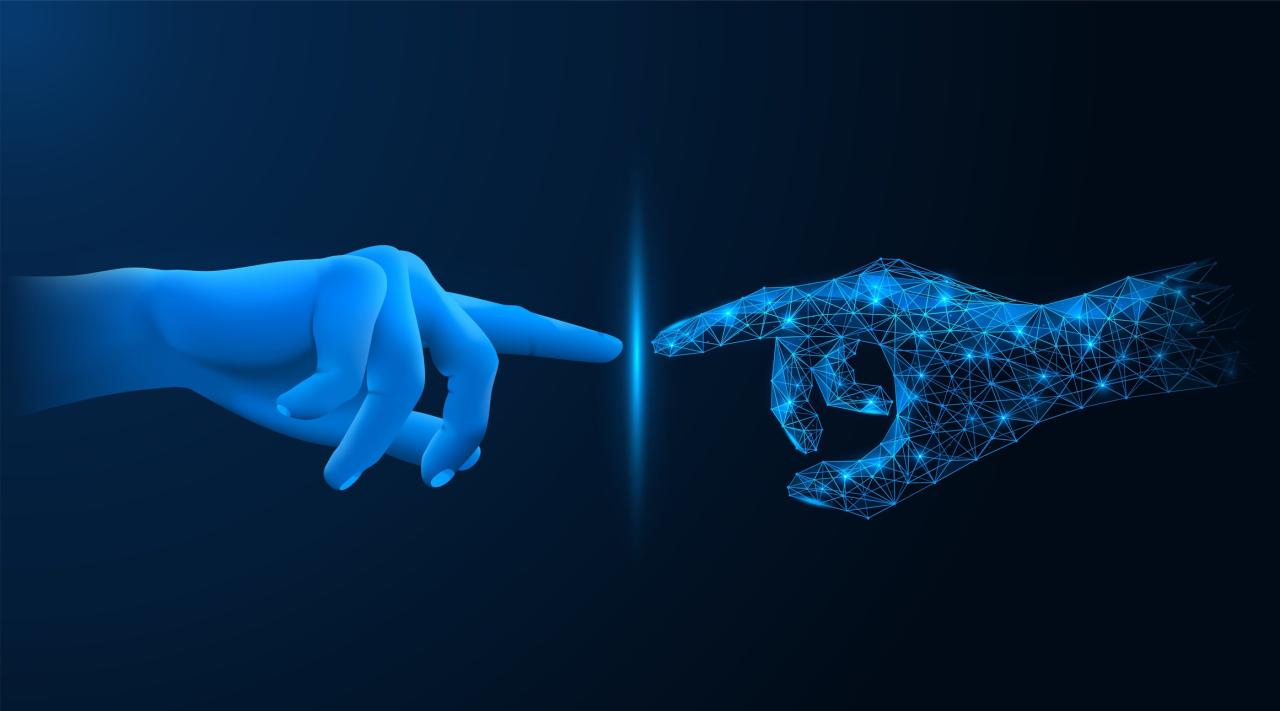
The AI ethics debate is rooted in several fundamental dilemmas that challenge our long-held notions of morality and responsibility.
A. Bias and Algorithmic Fairness
One of the most pressing ethical concerns is the issue of algorithmic bias. AI models are only as good as the data they are trained on, and if that data reflects the historical biases and prejudices of society—in terms of race, gender, or socioeconomic status—the AI will learn and perpetuate those biases. An AI used for hiring might unfairly screen out female candidates, or an AI used for criminal justice might disproportionately recommend harsher sentences for certain demographics. The solution is not simple; it requires a proactive effort to audit and diversify training data, and to build algorithms that are designed for fairness and equity. This means moving beyond simply being accurate and toward being just.
B. Transparency and Explainability
Many of today’s most powerful AI models, particularly in deep learning, are often referred to as “black boxes.” Their decision-making process is so complex that even their creators cannot fully explain how they arrived at a particular conclusion. This lack of transparency and explainability is a major ethical problem, particularly in fields like medicine, finance, and criminal justice. If an AI denies a loan, diagnoses a disease, or recommends a sentence, the individual has a right to know the reasons behind that decision. The demand for “explainable AI” is a central part of the debate, pushing for a new generation of AI that is not only powerful but also understandable and accountable.
C. Privacy and Data Surveillance
The development of AI is fueled by massive amounts of data, much of it personal. This raises significant concerns about privacy and data surveillance. AI systems can analyze our online behavior, our social media posts, and our location data to create a detailed and predictive picture of our lives. This data, in the wrong hands, could be used for manipulative advertising, social engineering, or even governmental surveillance. The ethical challenge is to balance the immense benefits of a data-driven AI with the fundamental right to privacy, requiring a new framework for data ownership, consent, and protection.
D. Autonomy and Accountability
As AI systems become more autonomous, their ability to make independent decisions without human intervention raises a new and complex set of ethical questions. In a world of autonomous vehicles, who is responsible when a car makes a mistake that leads to an accident? Is it the car’s owner, the manufacturer, the programmer, or the AI itself? This is the issue of autonomy and accountability. We are moving toward a future where we must assign responsibility to machines and the people who build them, requiring a new legal and ethical framework for the actions of intelligent agents.
Building an Ethical Framework for AI
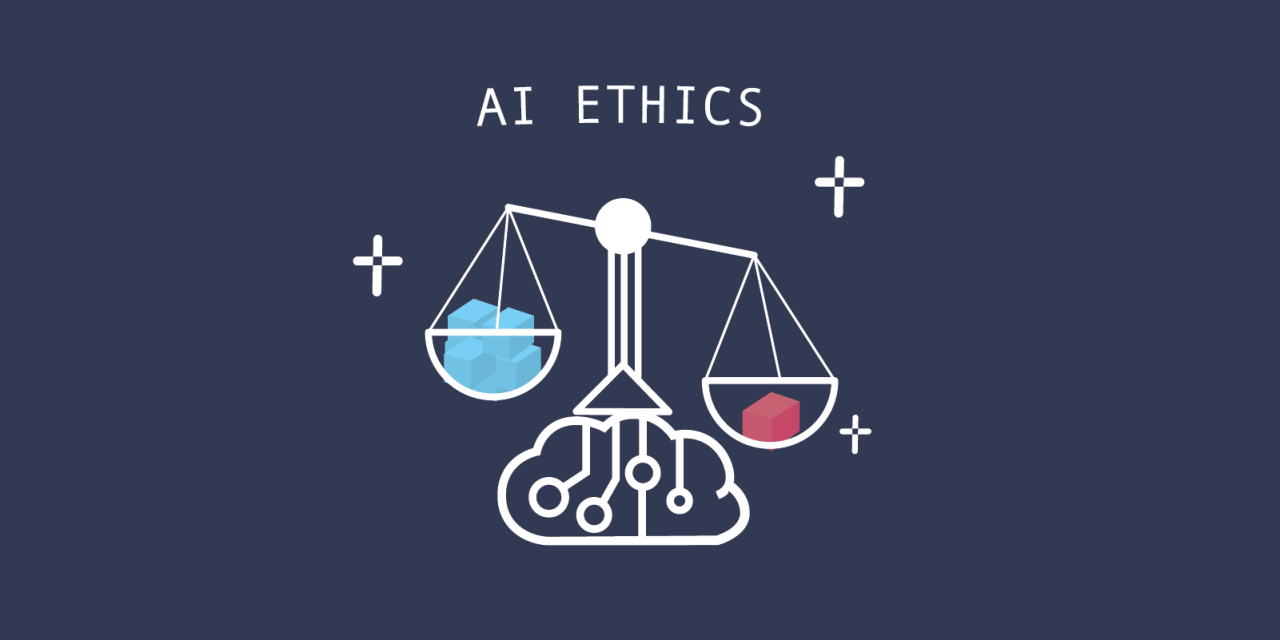
The AI ethics debate is not just a conversation; it is a call to action. It demands a new framework of principles, regulations, and practices to guide the responsible development and deployment of AI.
A. Developing Ethical Principles
The first step in building an ethical framework is to establish a set of core principles. Organizations like the AI Ethics Consortium and the Partnership on AI are working to develop these principles, which often include a commitment to human-centered design, transparency, fairness, and accountability. These principles are designed to be a moral compass for AI developers and a guide for policymakers, ensuring that the technology is built to serve humanity, not to harm it.
B. Regulatory Oversight and Governance
The pace of AI development is currently outpacing the ability of governments to regulate it. A major part of the AI ethics debate is the urgent need for new regulatory oversight and governance. This could include mandatory audits for algorithmic bias, new laws for data privacy, and a clear legal framework for accountability in cases of autonomous decision-making. The challenge is to create a regulatory environment that fosters innovation while protecting the public from the potential dangers of unchecked AI.
C. AI Safety and Alignment
The long-term ethical debate surrounding AI is the issue of AI safety and alignment. This is the concern that if a superintelligent AI is ever developed, its goals may not be aligned with our own, leading to unintended and potentially catastrophic consequences. While this may seem like a futuristic problem, the principles of AI safety and alignment are already being applied to today’s AI systems. This involves building AI that is designed to be beneficial to humanity and to respect our values, a concept known as value alignment.
D. Fostering a Diverse and Inclusive AI Community
The people who build AI will inevitably embed their own perspectives and values into the technology. Therefore, it is critical to foster a diverse and inclusive AI community that includes people from all walks of life, from different cultural backgrounds, and with a wide range of expertise. This will help to reduce algorithmic bias, broaden the scope of AI applications, and ensure that the technology is built to serve the needs of a diverse global population.
The Broader Impact of Society with Ethical AI
The way we resolve the AI ethics debate will have a profound and lasting impact on the kind of society we build in the 21st century.
A. The Future of Work and Automation
AI and robotics will undoubtedly automate a wide range of jobs, from factory work to data entry. The ethical challenge is not just to manage this transition but to ensure it benefits society as a whole. This could involve new policies for education and retraining, and a new social contract that redefines the relationship between work, value, and human dignity. An ethical approach to automation would be one that uses AI to free humanity from tedious and dangerous work, allowing us to focus on more creative and meaningful pursuits.
B. The Future of Warfare and Lethal Autonomous Weapons
The development of lethal autonomous weapons (LAWs), or “killer robots,” is one of the most controversial ethical issues in AI. The idea of a machine making a life-or-death decision without human intervention has raised major moral objections from scientists, humanitarians, and ethicists. The debate is a race against time, with many calling for a global ban on these weapons before they become a reality. This is a powerful example of an ethical debate that has the potential to fundamentally shape the future of international security.
C. The Evolution of Human Consciousness
In the long term, AI could push us to reconsider the very nature of human consciousness, intelligence, and creativity. As AI systems become more sophisticated, they will challenge our long-held assumptions about what it means to be a thinking being. This is a philosophical debate that has been with us since the dawn of AI, but as the technology becomes more powerful, it will move from the theoretical to the practical, forcing us to ask profound questions about our place in a world of intelligent machines.
D. Building a Better Future with AI
Despite the immense challenges, the promise of ethical AI is immense. It can be used to accelerate medical research, combat climate change, and create a more personalized and equitable education system. It can help us to build more efficient smart cities, create more sustainable economies, and make our lives healthier and more fulfilling. The AI ethics debate is not an obstacle to progress; it is a guidepost, a necessary conversation that will ensure this powerful technology is used to build a better future for all of humanity.
Conclusion
In conclusion, the AI ethics debate is one of the most critical and defining conversations of our time. It is a necessary and urgent discussion that is forcing us to confront the profound moral, social, and legal implications of creating a new generation of intelligent machines. The challenges are immense and multifaceted, from the insidious problem of algorithmic bias and the critical need for transparency to the complex issues of privacy and accountability in an increasingly autonomous world. These are not just technical problems; they are human problems that require a thoughtful and collaborative approach from everyone.
The path forward is not to abandon AI but to build a new ethical framework that guides its development and deployment. This framework must be built on a foundation of core principles such as fairness, transparency, and human-centered design. It must be supported by a robust system of regulations and governance that holds companies and developers accountable. It must also be informed by a diverse and inclusive community of creators who can ensure that the technology is built to serve all of humanity, not just a privileged few.
The long-term success of AI will not be measured by the sophistication of its algorithms or the speed of its processing power, but by its ability to create a future that is more just, more equitable, and more humane. The AI ethics debate is a testament to the fact that technology is not a neutral force; it is a reflection of our values and our choices. The way we resolve this debate will determine the kind of world we leave for future generations. It is a moment where the most powerful technology ever created is in our hands, and the most important question we can ask is not what we can do with it, but what we should do with it. The future is unwritten, and the ethical choices we make today will be its most defining chapters.

